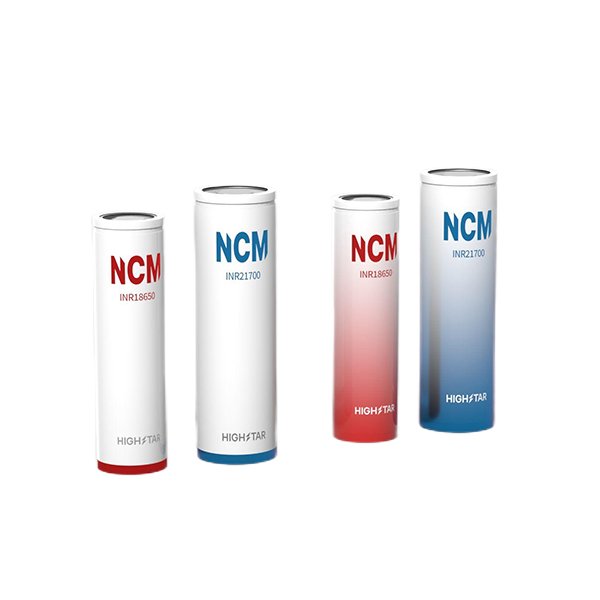Quartz, a mineral known for its remarkable properties, has found its way into various industries due to its versatility and unique characteristics. In this blog post, we will explore the wide range of applications and benefits of quartz, shedding light on why it is considered a valuable resource in today's world.
- Quartz in Electronics and Technology:
Quartz's exceptional electrical properties make it an indispensable component in the electronics industry. Its piezoelectric effect, where it generates an electric charge under mechanical stress, is utilized in quartz crystal oscillators. These oscillators are crucial for accurate timekeeping in watches, clocks, and electronic devices. Additionally, quartz is used in the manufacturing of sensors, resonators, and filters, ensuring the smooth functioning of various electronic systems. - Quartz in Optics and Photonics:
The optical properties of quartz make it an ideal material for a wide range of applications in the field of optics and photonics. Its transparency to ultraviolet, visible, and infrared light enables its use in lenses, prisms, and windows for cameras, microscopes, and telescopes. Quartz fibers are also employed in telecommunications for their low attenuation and high bandwidth capabilities, ensuring efficient data transmission over long distances. - Quartz in Construction and Architecture:
Quartz's durability and aesthetic appeal have made it a popular choice in the construction and architecture industries. Engineered quartz, a composite material made from natural quartz crystals and resins, is widely used for countertops, flooring, and wall cladding. Its resistance to stains, scratches, and heat, coupled with a wide range of color options, has made it a preferred alternative to natural stone. Moreover, quartz's high compressive strength makes it suitable for use in concrete and as an aggregate in road construction. - Quartz in Metallurgy and Manufacturing:
In metallurgy, quartz plays a crucial role as a flux in the production of ferrous and non-ferrous metals. Its ability to withstand high temperatures and its chemical stability make it an excellent choice for lining furnaces and kilns. Furthermore, quartz is used as a raw material in the manufacturing of glass, ceramics, and silicon semiconductors. Its high melting point and low thermal expansion coefficient contribute to the production of high-quality materials. - Quartz in Health and Wellness:
Quartz's metaphysical properties have made it a popular gemstone in the realm of alternative medicine and wellness. Believed to possess healing and energy-amplifying properties, quartz crystals are used in various practices such as crystal therapy, meditation, and feng shui. Additionally, quartz-infused water is gaining popularity for its alleged health benefits, as it is believed to promote hydration and balance the body's energy.
Conclusion:
From its indispensable role in electronics and technology to its aesthetic appeal in construction and architecture, quartz has proven to be a versatile and valuable mineral. Its unique properties and applications across multiple industries make it an essential resource in today's world. Whether it's enhancing the accuracy of timekeeping devices or adding a touch of elegance to our living spaces, quartz continues to unlock new possibilities and contribute to advancements in various fields.


